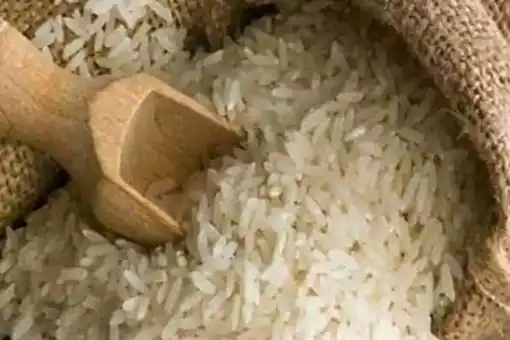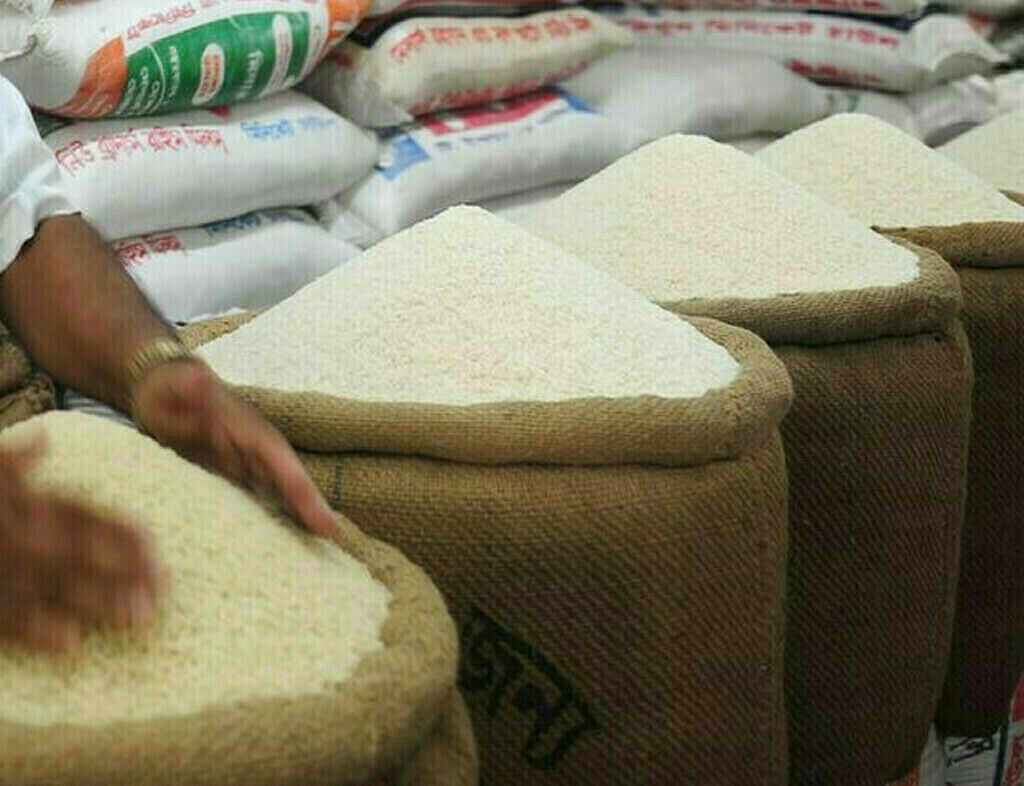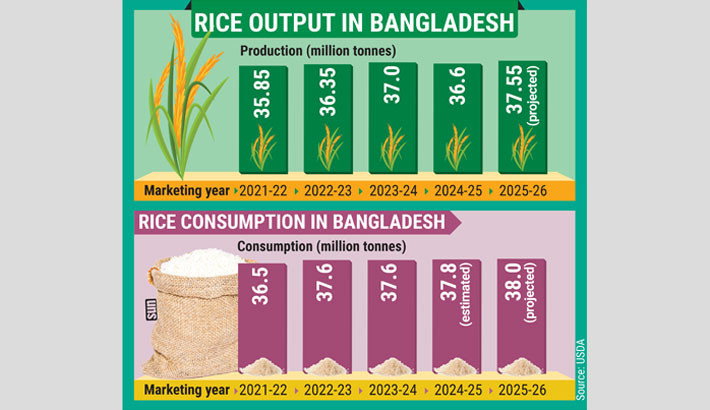Tags
Rice And Wheat Low In Food Value And High On Toxins: ICAR Study

Both these foods are the staple diet of Indians.
The study indicates that the Green Revolution has helped India achieve food security by compromising its nutritional security.
Scientists from the Indian Council of Agricultural Research have conducted a study that was reported in the Down To Earth magazine. This research has found that rice and wheat are low in food value and high in toxins. Both these food products are the staple diet of the people living in India. This result will come across as a major shocker to many people. ICAR scientists have confirmed that there is a drastic decline in essential micronutrients like zinc and iron in these food grains. Zinc and Iron have decreased by 33 percent and 27 percent in rice, and by 30 percent and 19 percent in wheat respectively. Another alarming fact is that scientists have also found very large concentrations (1493 percent) of arsenic in the rice. The scientists who contributed to this study are Sovan Debnath (a soil scientist) and the other 11 scientists at the ICAR. The scientists from the Bidhan Chandra Krishi Viswavidyalaya have also worked on this study. Bidhan Chandra Krishi Viswavidyalaya is one of the premier agricultural research institutes in West Bengal.
The study pointed out that both food crops have lost up to 45 percent of their food value in the past 50 years or so. At this rate, the grains will not be present for human consumption by 2040, according to the estimate. The scientists have also analysed the health impact of this shift in the nutrient profiles of rice and wheat. They have warned that the impoverished staple grains could worsen the country’s non-communicable diseases (NCDs). The term NCDs refers to a group of conditions that are not mainly caused by an acute infection. They result in long-term health consequences and often create a need for long-term treatment and care.
The study indicates that the Green Revolution has helped India achieve food security, by compromising its nutritional security. The study reported that breeding programs that focused on developing high-yielding varieties have altered the nutrient profiles of rice and wheat. These nutrient profiles have been altered to such an extent that their dietary significance to the population has been reduced. While chasing yield with the green revolution, plant genetics have been fiddled to a great extent. Now plant genetics no longer do the fundamental job of delivering nutrition from the soil to the grains.
https://www.news18.com/lifestyle/rice-and-wheat-low-in-food-value-and-high-on-toxins-icar-study-8758895.htmlPublished Date: January 29, 2024






